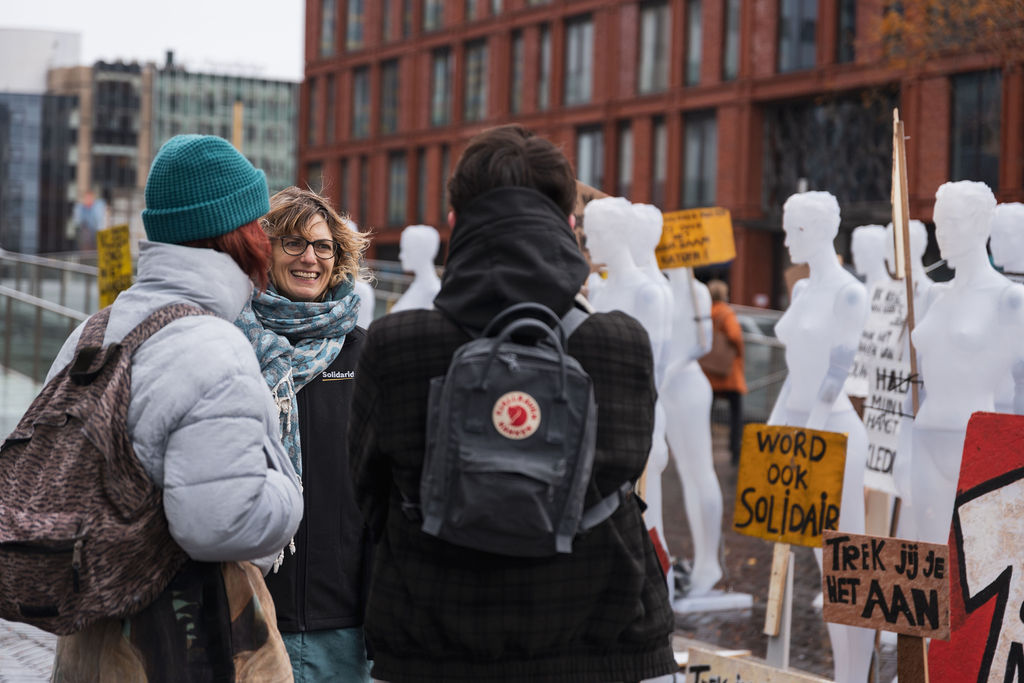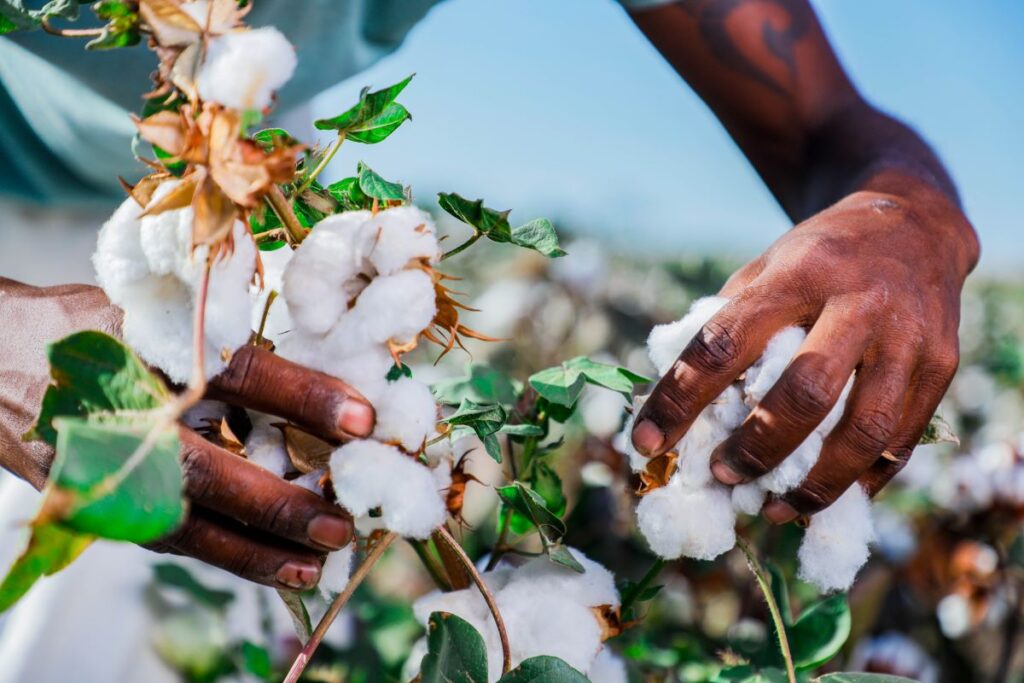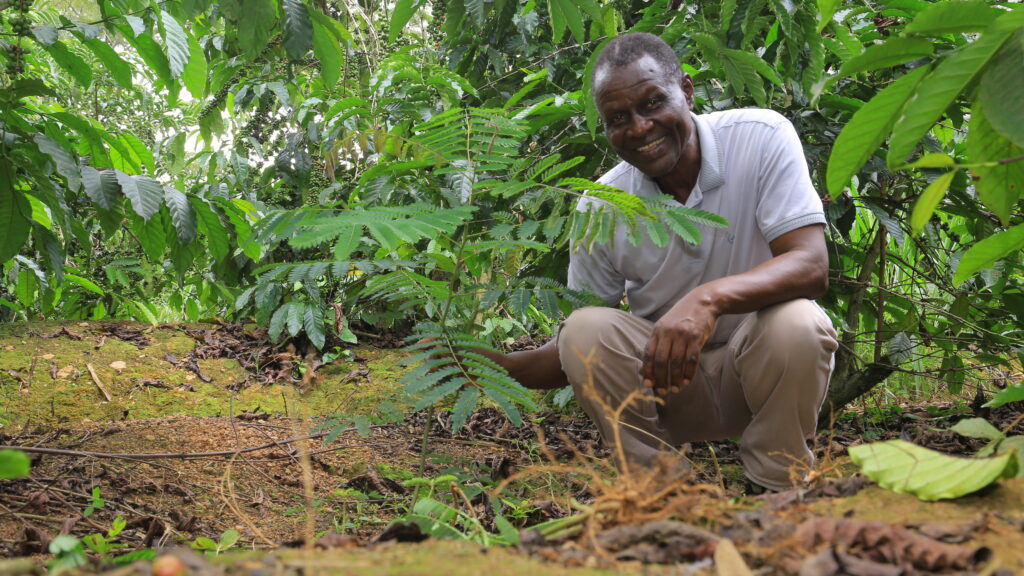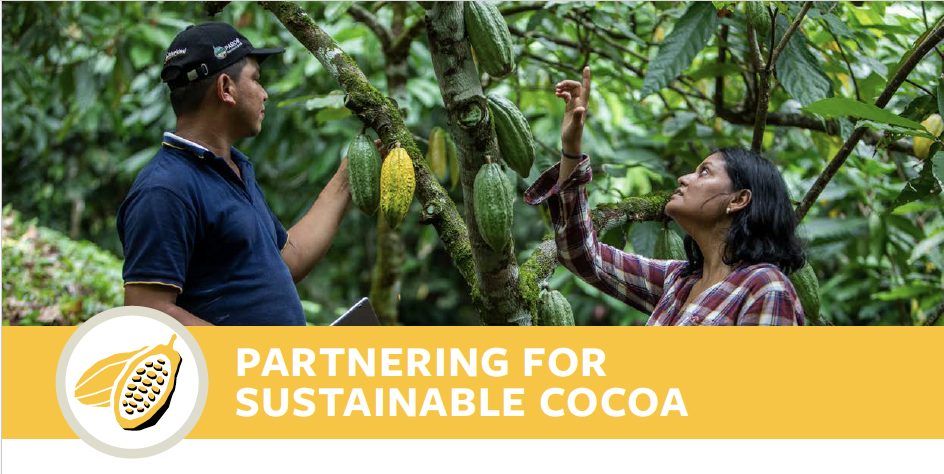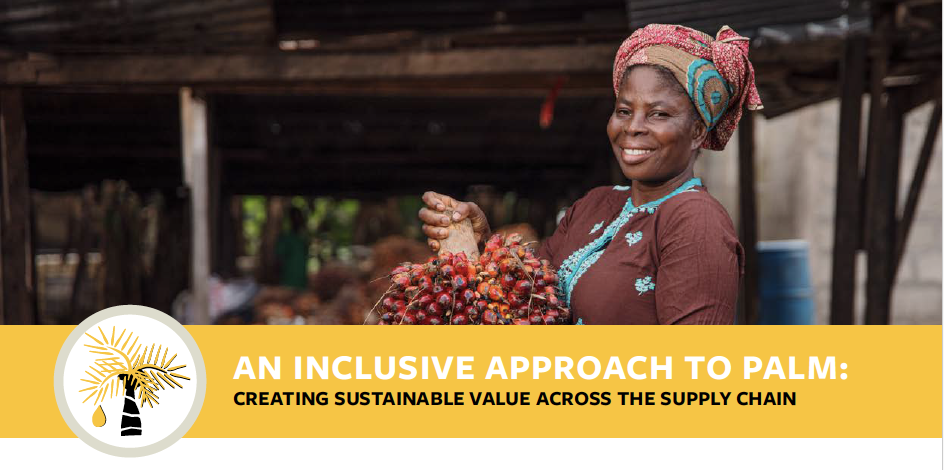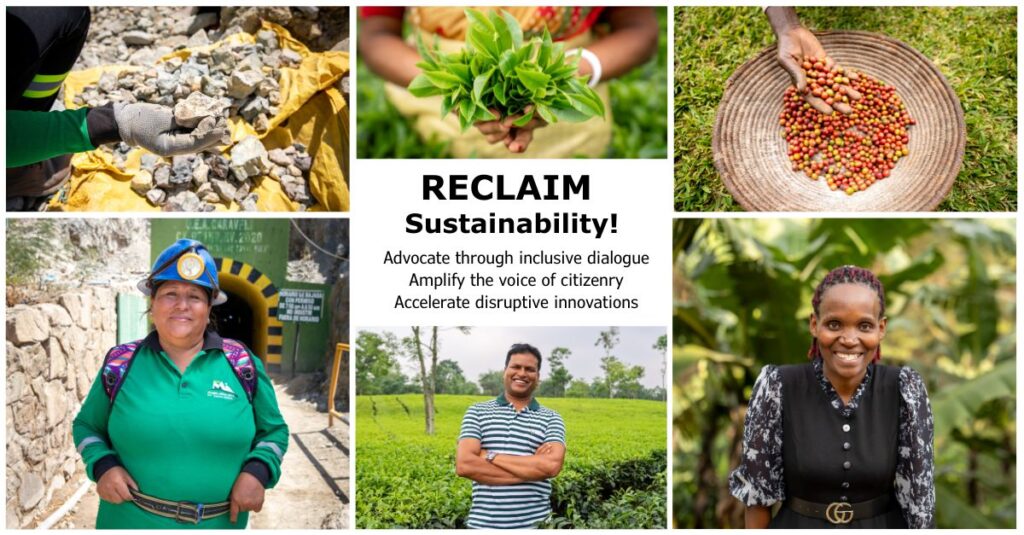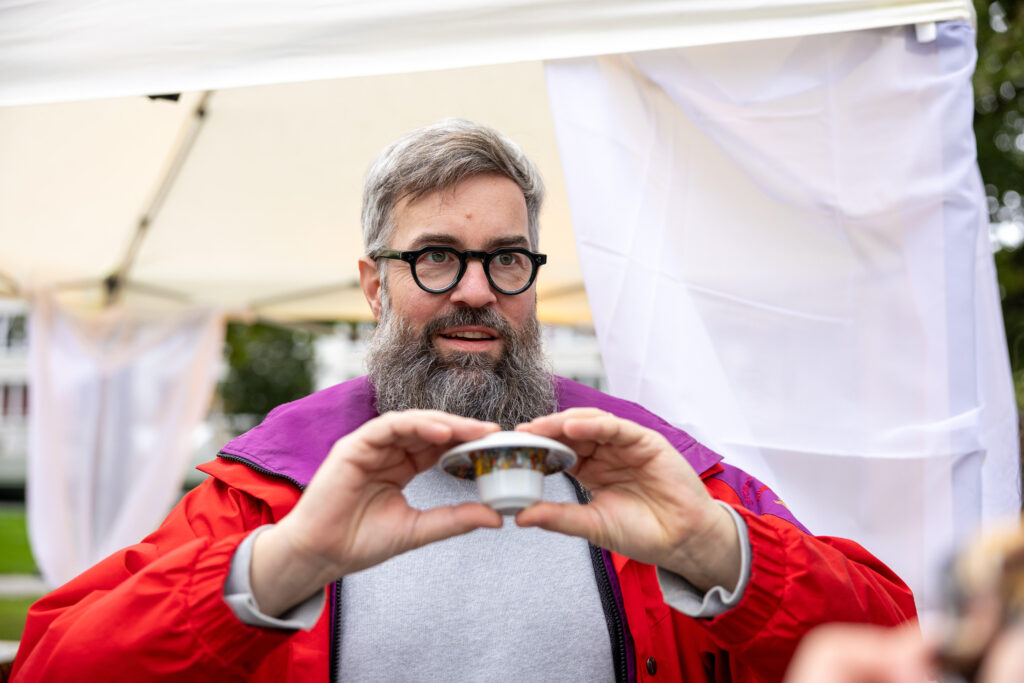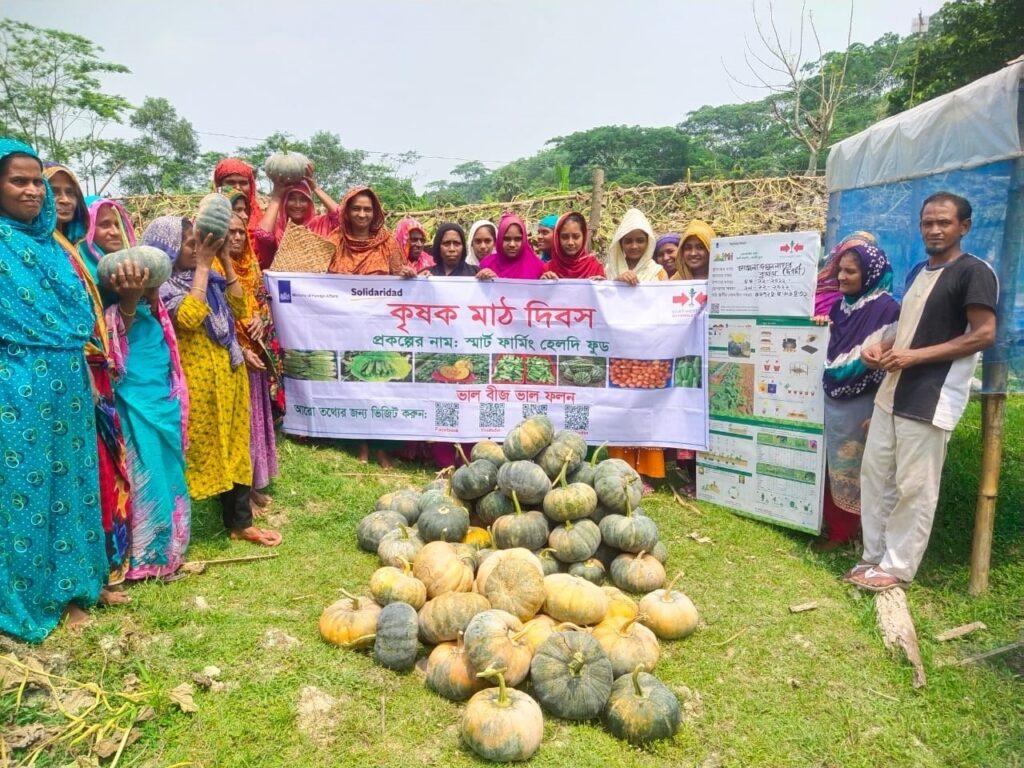Disbelief about lack of legal standards
The research also shows that 2 out of 3 Dutch people express disbelief that products made outside Europe under inhumane conditions can easily be sold. When daily groceries (for example, fruit, coffee and chocolate) are produced in a way that is harmful to people or the environment, they still can be legally imported and sold in the European Union. Examples of abuse include life-threatening working conditions, exploitation, illegal deforestation, or extreme environmental pollution.
Companies’ promises not believed
It also appears that only a quarter of Dutch consumers are confident that large companies do their best to produce food in a fair and sustainable manner. Promises to do better are not believed by 70% of the Dutch. Rightly so, says Heske Verburg, managing director of Solidaridad Europe: “Voluntary efforts by the business sector have not led to sufficient change. Only 1.6 percent of companies in the Netherlands act diligently according to the OECD guidelines.” This local finding raises questions for companies and consumers across Europe, where similar research should be conducted.
Brand reliability at stake
In addition to legislation, the Dutch also want companies to do more: 89% of the respondents believe that corporates can be held (partly) responsible for cases of wrongdoing and exploitation in the production process of imported products. “We expect more from the business community than just colouring inside the lines,” says Verburg. “Companies must make an active and creative contribution to protecting human rights and the environment throughout their production chain.” The reliability of brands is at stake: 6 out of 10 consumers consider the reliability of a brand to be decisive when purchasing. In addition, 70% say they will no longer buy a brand if there are abuses known to occur in the production chain.
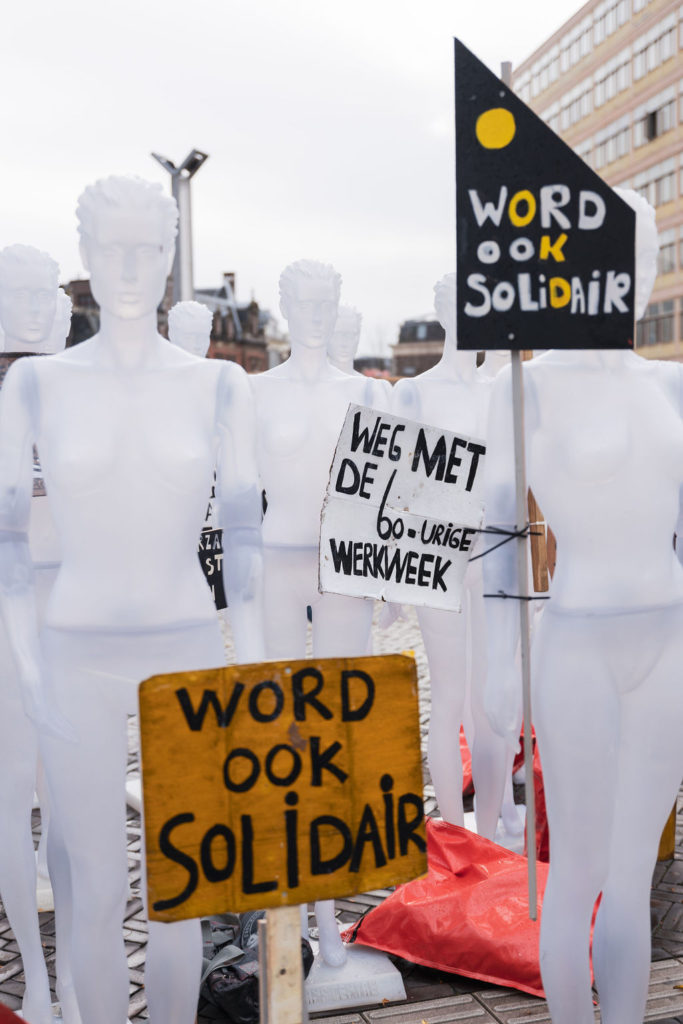
Raising pressure on the EU to propose European legislation
At the beginning of December, the Dutch Minister of Foreign Trade and Development Cooperation, Tom de Bruijn, announced that a national law for the Netherlands will be drawn up for international corporate social responsibility. At Solidaridad, we hope that this will help to raise further pressure on the EU to adopt European-wide legislation, as the Netherlands becomes only the third country in the EU to embrace such a national law, following France and Germany. “We are pleased that the Dutch minister is now working on a law,” says Heske Verburg. “It would be good if the Dutch law helps to break the deadlock in Europe. The fact that legislation from Brussels is constantly being postponed is a bad thing.’ The proposal for a European law has already been postponed three times by the European Commission and is now expected in the spring of 2022 at the earliest.
Consumers want to do well
More than half of Dutch consumers feel that making fully sustainable choices when grocery shopping is very challenging; the choice for products that are made with care for people and the environment is experienced as complicated. Verburg confirms that: “Consumers can only do well if the government and companies take responsibility. A law made in solidarity with the makers of our products is an important first step to ensure that all products in the store will soon be free from wrongdoing.”
About the research
This research was commissioned by Solidaridad Europe and carried out by PanelWizard. In this survey, 1285 Dutch people aged 18 and older answered 11 questions related to:
- Their reasons for purchasing groceries;
- Their opinions on the current legislation in the European Union regarding the import of goods from outside the European Union;
- Their opinions on the stakeholders involved, and the role of these stakeholders in making goods imported from outside the European Union more sustainable.

